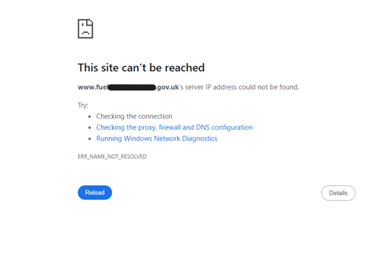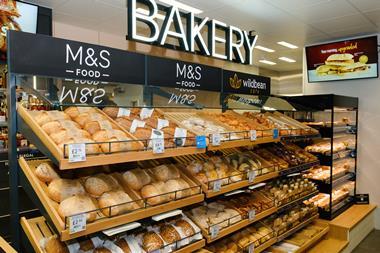It is becoming evident that as more retailers find themselves urged into multi-site operation, the one aspect of running these ‘site groups’ that seems to have been neglected is the administration and paperwork. The assumption seems to be that it’ll take care of itself – the sites have modern PC-based pos/bos systems so who needs a bookkeeper?
Good question. But before it can be answered, let’s look at what bookkeeping really means. All businesses are required to maintain accounting records “sufficient to show and explain the company’s transactions… and disclose with reasonable accuracy, at any time, the financial position of the company”. That bit is from The Companies Act 1985 (amended March 2005), which goes on to say: “The accounting records shall contain (a) entries from day to day of all sums of money received and expended by the company (part 7, chapter 1, section 2); and (b) a record of the assets and liabilities of the company. And not least: “Statements of stock held by the company at the end of each financial year... statements of stocktakings from which any statement of stock... has been prepared.” Bookkeeping is the basic function of recording transactions for these accounting records so that the information within them may be compiled into subsequent financial statements and tax computations. Now retailers have many responsibilities to worry about – petroleum regulations, health and safety issues, staff administration – before they even start thinking about buying and selling goods, which after all, is what they’re in business to do. Something has to give and in many cases that tends to be the boring paperwork.
And it is still mostly paperwork. If you think the pc has abolished paper, look at your stationery bills – and for that matter, look at your filing cabinets. They might contain a few CD-roms, but your paper files will be as thick as ever, bulging with bills and invoices.
Modern technology can help – if it’s used properly, but when they removed bookkeeping costs from the site budgets, some people must have assumed that the retailer would somehow use all of that technology in his/her ‘spare time’. The result is that thousands of pounds’ worth of modern pos/bos systems are half-used because no-one has the time to enter all the other data as was intended by the system designers.
Take one example: a retailer with two modern sites, each with an even more modern pos/bos system capable of splitting sales into some 60 or more main sales groups, and a capacity for extremely detailed ‘drill-down’ into individual stock items. A bit of a shock to discover that the retailer ends up aggregating all of the sales into just four main groups for his own management accounts – because he doesn’t have the time to split up all of his purchase invoices into more than those four categories before entering them into the pc. Nor does he have the time to sit on the bos at both sites to enter stock transfers after he’s had to move stock between sites. Hence virtually all the stock reports he pulls off his pos/bos are meaningless – full of negative stock values where the pos has recorded the sales, but there are no purchases allocated against those items. Funnily enough, his oil company has a right of access into the system and can look at the records – although no-one’s noticed they’re worthless.
It’s not the retailer’s fault – he’s expected to put a couple of hours into sitting on the till at each site, as well as everything else. His ‘accounting allowance’ is intended to cover management, financial and tax accounting, but there is the implicit assumption that he’ll do all of the basic bookkeeping himself. This example is with just two sites to run. Now multiply that three or four times and guess what will happen to the information that’s required to be produced by each business. Those sufficiently interested can look up the relevant parts of The Companies Act for themselves to see the penalties for failing to maintain proper accounting records. Bookkeeping may seem old fashioned, but however modern the computerised record-keeping system, someone still has to use it in a proper way in order to obtain the required output. It’s time to take the neglected art seriously.
Meanwhile the EKW Group wishes all of you – existing and future clients – best wishes for Christmas and a prosperous and peaceful New Year.



























No comments yet